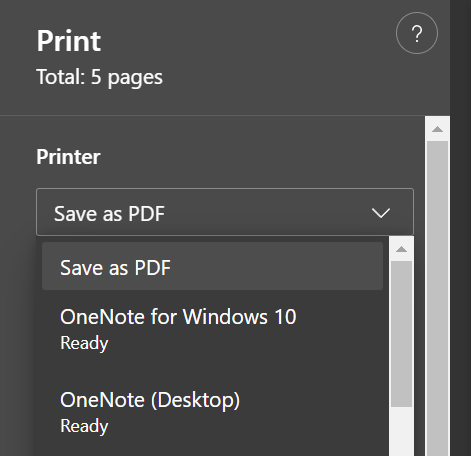Species/Cultivar Selection
Use of Blight-Tolerant Potato Varieties
Climate Adaptation Effectiveness
Both varieties are resistant to late blight. LBR PO3 is moderately resistant to late blight and leaf miners while LBR PO4 is strongly resistant against blight. The varieties mature in 110 and 90-120 days, respectively.
Climate Hazards
- Extreme Rainfall
- Rain-Induced Flooding
- Tropical Cyclone
Locations
- Buguias, Benguet, CAR (Cordillera Administrative Region)
Adaptation Sectors
- Agriculture
CCET Instuments
- Action Delivery
Target Group based on Vulnerability
Basic Sectors:
- Children
- Farmers and Landless Rural Workers
- Indigenous Peoples
- Persons with Disabilities
- Senior Citizens
- Women
- Youth and Students
Evaluations
Economic / Financial Effectiveness
The initial cost of implementation is PhP 187,300/hectare with a 1-year return on investment. Potato farmers in Buguias, Benguet secure an estimated annual profit of PhP 47,700/hectare and internal rate of return of 152%. Even if the potato yield is lower, this practice is still much more profitable than using traditional potato varieties.
Technical Feasibility
This practice is commonly applied in upland potato farms especially during wet seasons. In Buguias, varieties that are resistant to pests and diseases are used by potato farmers in high elevation areas. The Igorota or Late Blight Resistant (LBR PO3) is a locally-bred potato variety and is moderately resistant to late blight and leaf miner. The Solibao variety (LBR PO4) exhibits high levels of resistance to late blight showing negligible infection of 1% compared to other potato varieties. However, more research is suggested to identify other disease- and pest-resistant potato varieties, and training should be conducted for the implementation of the practice to ensure its success.
Social Acceptability
An estimated 5% of potato farmers in Benguet currently adopt this practice but it is projected to increase to 55% in the upcoming years.
Environmental Impact
Using blight-resistant varieties reduces the pesticide needed to combat late blight. This maintains soil quality and lessens the probability of soil contamination.
Mitigation co-benefit
Less use of pesticides would also reduce greenhouse gas emissions.
Keywords
blight-tolerant potato, increased resistance to pest and disease, reduced chemical inputs, increased income, blight tolerance, potato
References
